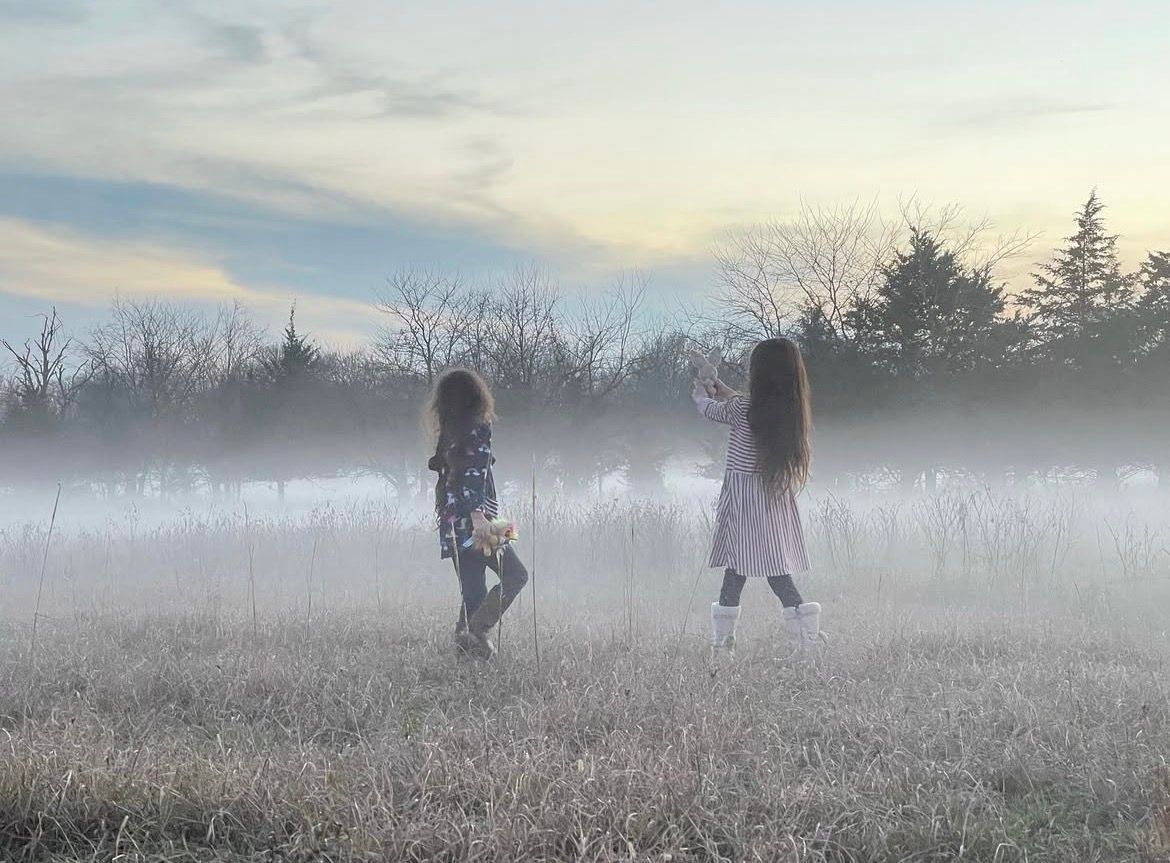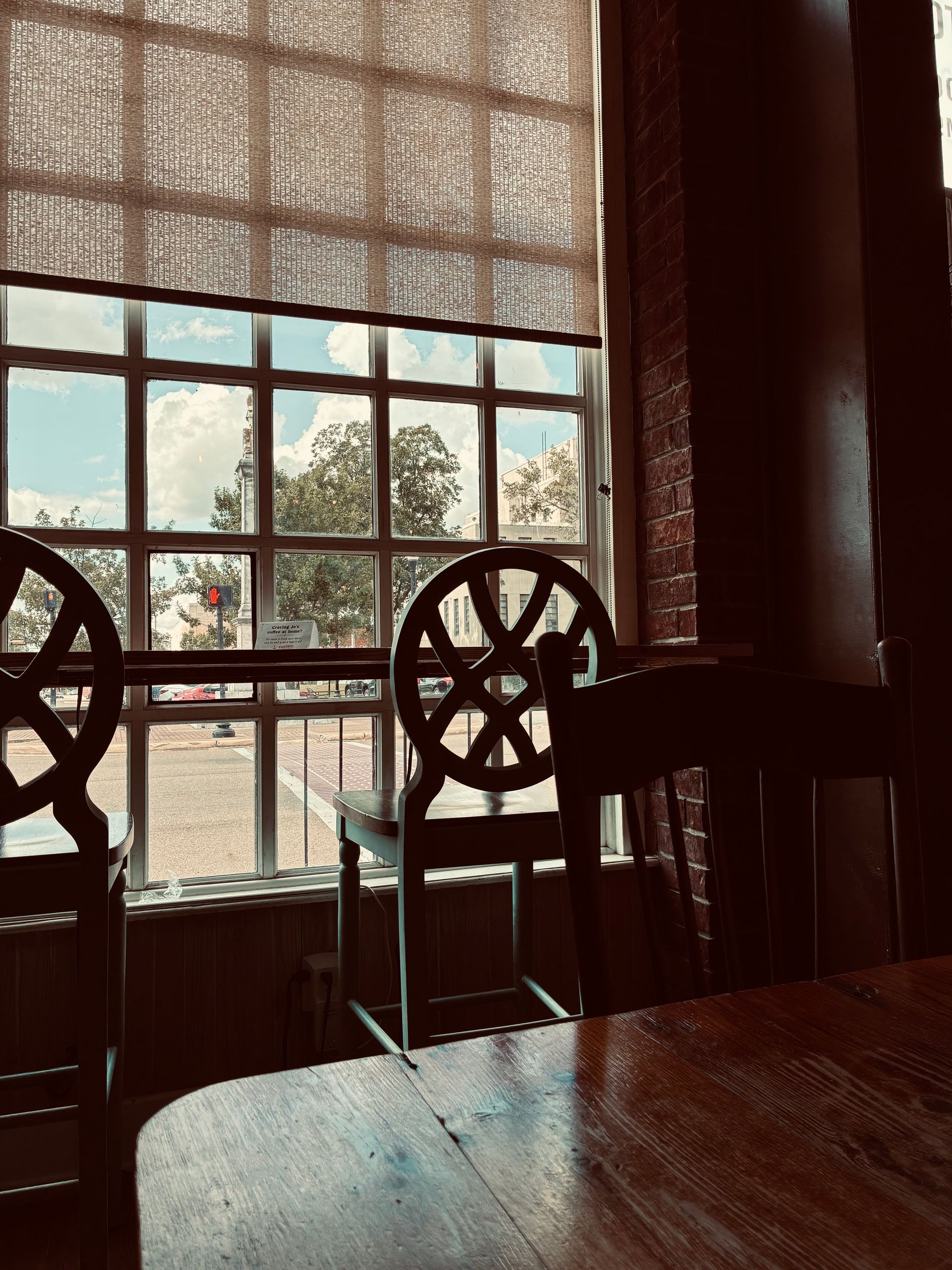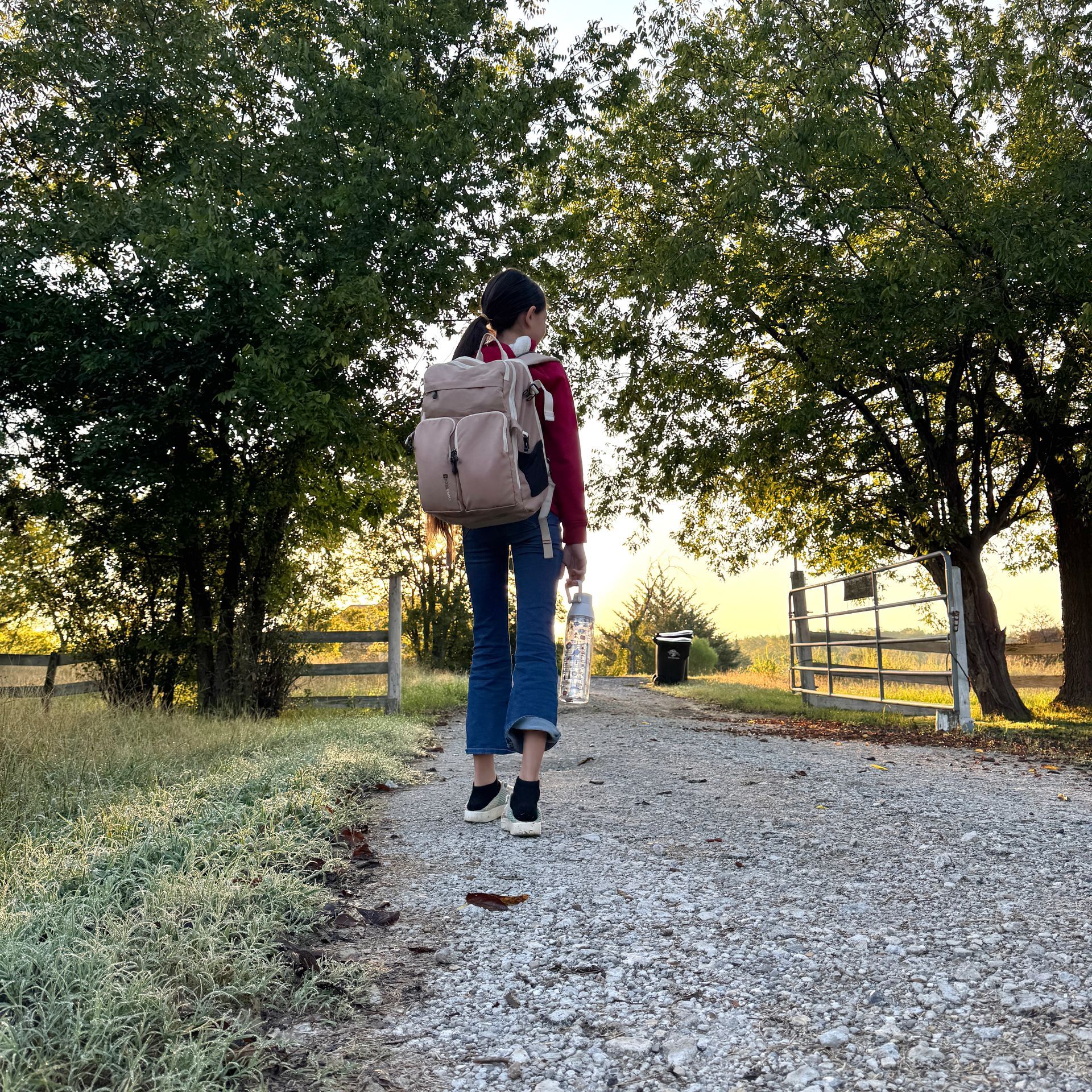The Conflict of Thanks

The topic of thankfulness can bring up such conflicting feelings inside me. How do you simply name off things that you’re thankful for from an authentic place that is not trying to pretend away or hide the places in your heart that are also hurting? My heart can struggle to find the place where these two things fit together - authenticity and thanks. Sometimes it can feel as if trying to hold both of them is like trying to push the positive sides of two magnets together and they can seem at times to not go together at all. How can these two sit side by side?
How do I live in honest thankfulness, without ignoring and pretending away the more tender and hurting parts of my soul? And steps toward thanksgiving can raise up this conflict in me that I have to sit with again and again. I long for a thankfulness that I can give with all of my mind and all of my heart too.
I deeply feel this question that wants to send me searching: isn’t thankfulness something tender that is most beautiful when it is handled with care? For I think we all inherently know that if someone is telling us of their pain, and we in turn simply tell them to be more thankful, that even if we were well-intentioned, there is the realization after spoken words, that what we have just given them is more hardness to add to their already-pain. And by nature, we learn to take care in the way we use the word thankful.
Because when we ourselves take a risk and share our pain with someone else, what I think we all long for is for someone to be Jesus with us. To be like the man of sorrows, who comes low to feel the pain too. Who makes Himself small enough to fit into skin like this, so he can feel just what we feel. The weakness of a baby who grows into a man to see his friends grieving for the loss of their brother and he simply weeps too. The man who approaches the day of his own death and separation from His Father with agonizing bloody sweat. And none of His smallness or weakness, none of His weeping or agony, made Him ungrateful in the slightest sense.
And despite the times when we fall far short of being Jesus to someone else in their pain, something inside us all longs to feel a human representation of the man of sorrows to sit with us in our own pain.
It is a tender road to embrace a thankfulness that keeps coming to rest in all of Jesus.
And even when we may instinctively and mostly know to use thankfulness with care in our conversation, it may be even harder still to use it with care inside our hearts. We can hear the words drop into our minds… you should be more thankful... feel condemned in our own ungratefulness. And we can think of the ten lepers and wonder if those words come from Jesus.
Yet, what did Jesus say if we look close at his own words just as they are?
The ten lepers who begged for Jesus’ mercy obeyed his instructions and they were healed. They had just received an astounding gift of grace from Jesus. Then as they realized that they were well, the story goes like this…
“Then one of them, when he saw that he was healed, turned back, praising God with a loud voice; and he fell on his face at Jesus’ feet, giving him thanks. Now he was a Samaritan. Then Jesus answered, ‘Were not ten cleansed? Where are the nine? Was no one found to return and give praise to God except this foreigner?’ And he said to him, ‘Rise and go your way; your faith has made you well.’” Luke 17:15-19.
I think one thing to note is that Jesus’ words were spoken concerning people who had just received a great blessing. Another thing that I think is important to note is that Jesus
only asks questions concerning their ungratefulness. He didn’t speak the word should, or make a defining statement about who they were. He asked questions.
Perhaps in the moments where we are being ungrateful, Jesus’ voice toward us would sound like this…
Were you not cleansed? Where are you? Are you not found to return and give praise to God?
These are the very questions he asked about the nine ungrateful lepers, rephrased as direct questions. This sounds alot like the way that we see Jesus talk to people in Scripture, and it sounds like the voice of Jesus to me. These questions feel convicting, lovingly piercing, curious and inviting, but they do not feel condemning or shaming to me.
However, the words, *you should be more grateful,*
or,
*you shouldn’t feel so ungrateful* do
feel condemning to me and I don’t think they sound like the voice of Jesus. Words like that don’t feel like they’re inviting me to turn around into honesty and the open gift of thanks. They make me feel stuck in shame.
But those words of Jesus, they invite me to honestly answer these questions. Wasn’t I cleansed? Where am I? Where is my heart? What is happening inside me that is keeping me from longing to come in thanks? And the Jesus-brand of curiosity invites us to come with honest answers.
Jesus invites honesty and looks for thanks. And in the sound of His questions the two of these, honesty and thanks, feel right at home together.
Haven’t you been cleansed?
Yes. Oh yes! I’ve been cleansed by Your grace from the stains of my sin.
Where are you?
I am getting stuck in... shame, or cynicism.. doubt, or.. lack of wonder... for I am in need of remembering Who You are and what Your voice truly does sound like. Your presence. Your grace. Your compassion. Your faithfulness.
Are you not found to return and give praise to God?
Be merciful to me, a sinner. Lord, here I am; I praise You.
The voice of Jesus makes it right when nothing is right.
When the mind can’t understand, His voice makes clear paths through the clutter in our hearts.
For the biggest conflict of thanks, after all, is that our hearts are prone to forget the voice of the One who looks for it.
In the sound of His voice, we are welcomed to remember our honest grounds for thankfulness that rest on who He is.
And when we look at our Jesus, what did He say He was thankful for?
In Matthew, 11, He thanked God for revealing truth to children, and hiding it from the wise and prudent (verse 25).
In Matthew 26, He gave thanks in drinking the cup that would be His suffering (verse 27-28).
In John 11, He gave thanks that His Father heard Him and answered His prayer (verse 41).
As we approach this season where we revisit our own thanks, Jesus, give us ears like children for Your beautiful words. Give us hearts that see You drink Your cup, and lips to drink in the memory of your mercy. Give us stillness that rests in the sound of Your voice and knows we are heard by our Father.
Move our hearts to remember the voice of the gentle One who looks for our thanks.












